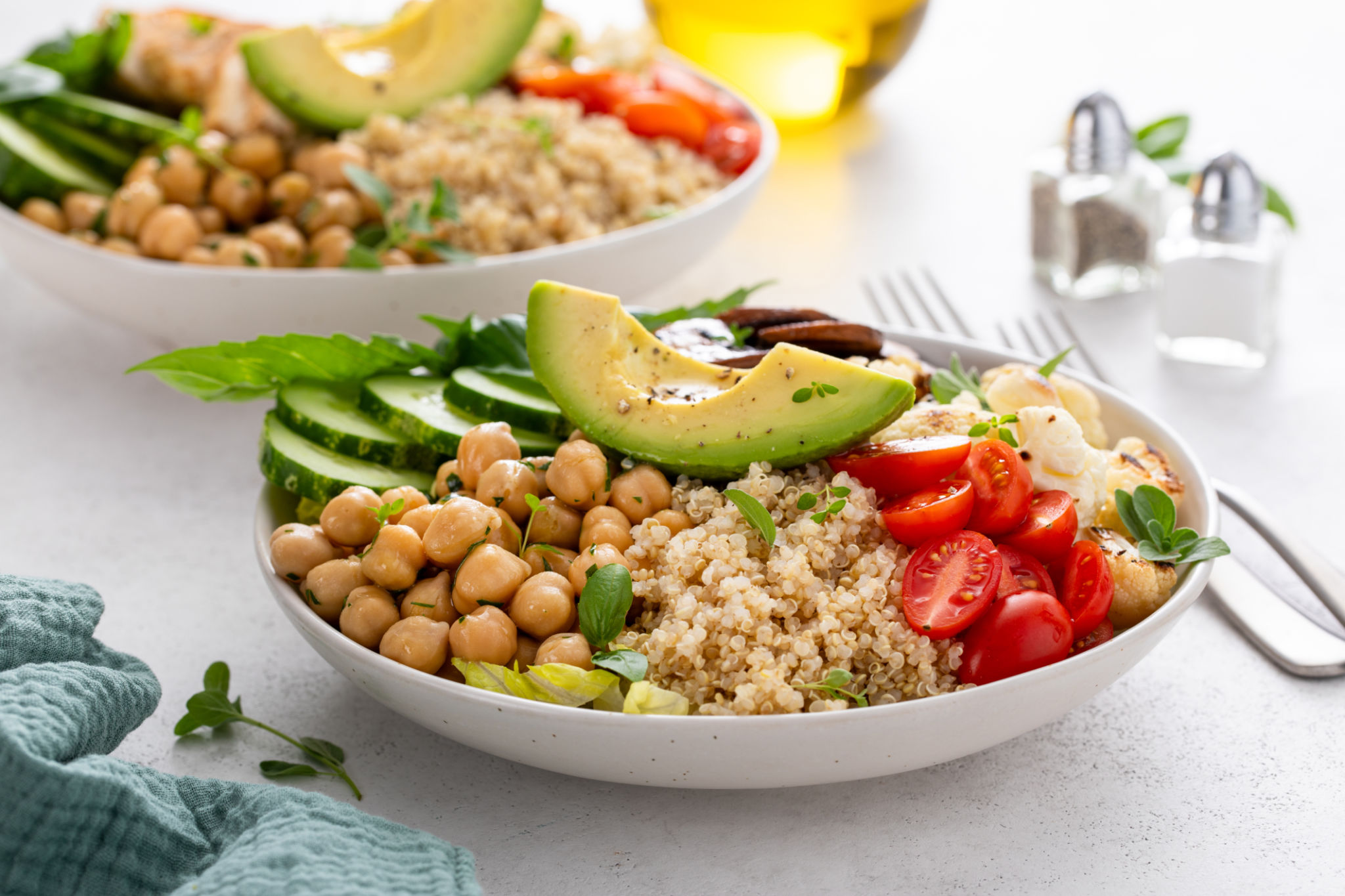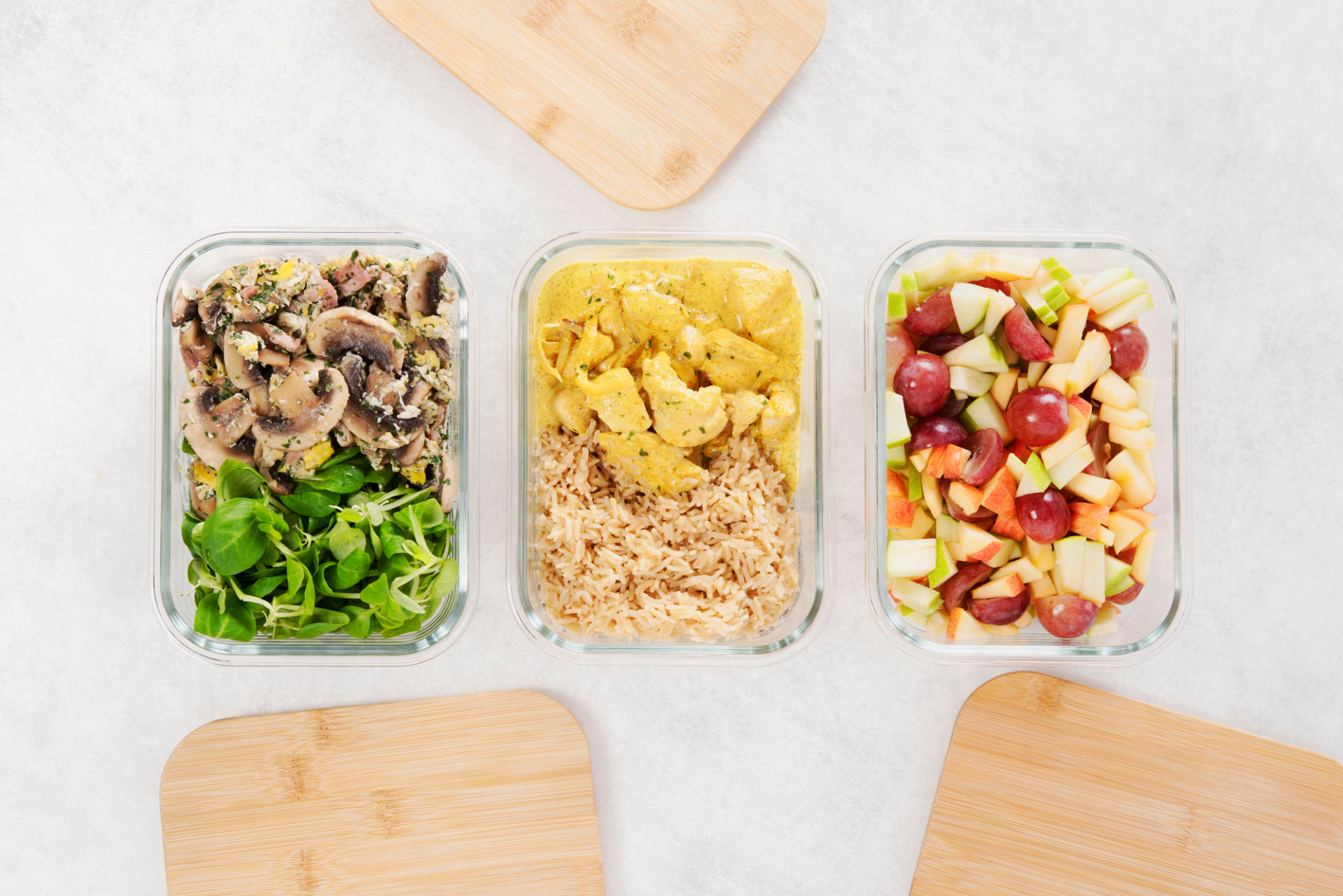Beginner's Guide to Plant-Based Meal Prepping
Why Choose Plant-Based Meal Prepping?
Plant-based meal prepping is not only a trend but a lifestyle choice that brings numerous health benefits. By focusing on whole, plant-based foods, you can improve your overall well-being, increase energy levels, and reduce the risk of chronic diseases. Additionally, meal prepping helps save time during the week and reduces food waste.
Making the switch to plant-based meals doesn't mean you have to give up on flavor or variety. Instead, it opens up a world of delicious and colorful options that can be tailored to your tastes and nutritional needs. Whether you're a seasoned vegan or just starting out, plant-based meal prepping is an excellent way to maintain a healthy diet.

Essential Tools for Plant-Based Meal Prepping
To get started with plant-based meal prepping, having the right tools on hand is crucial. Here are some essentials that will make your prepping sessions more efficient:
- Quality Knife Set: A sharp knife makes chopping vegetables quicker and safer.
- Cutting Boards: Use separate boards for fruits, vegetables, and other ingredients to avoid cross-contamination.
- Storage Containers: Invest in a variety of containers to store your prepped meals and ingredients. Glass containers are preferable as they are eco-friendly and microwave-safe.
- Blender or Food Processor: These are perfect for making smoothies, soups, sauces, and dips.
Steps to Effective Plant-Based Meal Prepping
Successful meal prepping starts with planning. Here's a step-by-step guide to help you get started:
- Plan Your Meals: Decide on your meals for the week. Make sure to include a balance of proteins, carbohydrates, fats, and fiber.
- Create a Shopping List: Based on your meal plan, list all the ingredients you'll need. This helps avoid impulse purchases and ensures you have everything you need.
- Designate Prep Time: Set aside a few hours each week dedicated to meal prepping. Consistency is key to maintaining this habit.

Batch Cooking Techniques
Batch cooking is an efficient way to prepare multiple servings of meals at once. This technique not only saves time but also ensures you have healthy options readily available throughout the week. Here are some tips for successful batch cooking:
Cook Grains in Bulk: Prepare large quantities of grains like quinoa, brown rice, or barley at once. These can be used as a base for many meals and stored in the refrigerator for quick use.

Prepare Versatile Ingredients: Roast a variety of vegetables such as sweet potatoes, broccoli, and bell peppers. These can be mixed and matched with other ingredients for different meals.
Storage Tips for Freshness
Proper storage is essential to keep your prepped meals fresh and safe to eat. Here are some tips to extend the shelf life of your plant-based meals:
Use Airtight Containers: Ensure all containers are sealed properly to maintain freshness and prevent spoilage.
Label Your Meals: Write down the preparation date on each container. This helps track freshness and prioritize which meals to eat first.
Incorporating Variety
A common challenge in meal prepping is avoiding monotony. To keep things interesting, experiment with different herbs, spices, and sauces. Incorporating seasonal produce not only adds variety but also ensures you're getting a range of nutrients throughout the year.
Remember, plant-based meal prepping is flexible and can be adapted to suit your preferences. As you become more comfortable with the process, you'll discover new recipes and techniques that work best for you. Enjoy the journey to healthier eating!